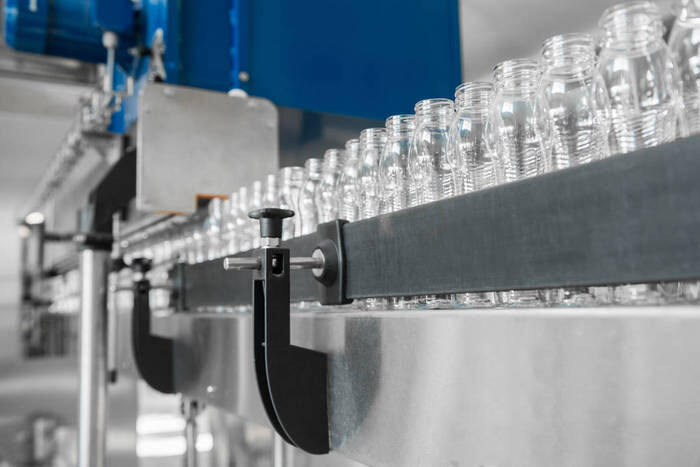The magnetic permeability of 4J80 alloy rod is low, and the expansion coefficient is also lower compared with other non-magnetic porcelain sealing alloys, so it is called non-magnetic fixed expansion porcelain sealing alloy. Adding a small amount of copper to 4J80 alloy rod can improve its processing performance. The overall performance of the alloy's porcelain seal is superior to non-magnetic porcelain seal materials such as Monel, stainless steel, and oxygen-free copper.
Specifications |
In stock, can be customized according to customer requirements |
Form |
Plate,Strip,Bar,Wire |
Classification |
Expanded alloy |
Density(g/cm³) |
Magnetic permeability (16kA/m) |
Thermal conductivity /w/(m.k) |
Tensile strength MPa |
Yield strength MPa |
Elongation |
Elastic modulus MPa |
9.67 |
≤1.2513 |
15.9-16.74 |
748.1 |
289.1 |
55 |
220*500 |
Grade |
C≤ |
S≤ |
P≤ |
Mn≤ |
Si≤ |
Ni≤ |
Cu≤ |
Mo |
W |
4J78 |
0.05 |
0.020 |
0.020 |
0.40 |
0.30 |
32.1-33.6 |
1.50 |
20.0-22.0 |
|
4J80 |
0.05 |
0.020 |
0.020 |
0.40 |
0.30 |
28.5-29.5 |
1.50-2.50 |
9.50-11.0 |
9.50-11.5 |
4J82 |
0.05 |
0.020 |
0.020 |
0.40 |
0.30 |
Balance |
|
17.5-19.7 |
|
The comprehensive performance of the porcelain seal of4J80 alloy rodis better than that of Monel, stainless steel, oxygen-free copper, and other non-magnetic porcelain seal materials. It is mainly used as a non-magnetic porcelain seal material in electric vacuum devices.
Characteristics of4J80 alloy bar: non-magnetic fixed expansion porcelain-sealed nickel-based alloy, with a medium linear thermal expansion coefficient in the range from room temperature to 600°C. Non-magnetic, corrosion-resistant, with high strength and toughness.
4J80 alloy baris used to make non-magnetic sealing parts for special electronic instruments, such as non-magnetic fixed expansion porcelain sealing materials for vacuum sealing welding of high alumina ceramic materials and edge welding.

The manufacturing process of stainless steel and alloys involves multiple steps to transform raw materials into flat,rectangular sheets or plates made of stainless steel and alloys. Here are a few key steps for stainless steel and alloys:

Molten stainless steel and alloys are cast into large ingots or billets through a casting process.

During the hot rolling process,the thickness of the steel ingot is gradually reduced and elongated to form long strips or coils.

Annealing involves heating stainless steel and alloys to a specific temperature and then slowly cooling it.

Cold rolling is carried out through rolling mills to reduce thickness to meet customer specifications.
Wuxi Walmay Metal Co,Ltd is a comprehensive processing group of Alloy Steel、Forged Parts Fitting、Titanium Alloy、Stainless Steel、Special Welding Wireseries, and more than 800 specifications.
Our group has been engaged in the domestic and global market for more than ten years with rich steel experience and can offer professional advice for customers inapplications with different materials.
Machine cutting
Sheet cutting
plasma cutting
Dynamic waterjet cutting
sawing
Plank leveling
polishing
laser cutting
laser cutting
production cutting
Long product cutting
Bar and structural cutting
polishing
Heat treatment and annealing: Wuxi Walmay Metal can heat treat certain 400 series stainless steels.
Material Reliability Identification (PMI): Wuxi Walmay Metal can complete this testing in-house.
Ut Testing: Ultrasonic testing (UT) uses high-frequency sound energy to inspect and measure stainless steel products.
Our professional sales team answers your questions within 24 hours.
Copyright © Wuxi Walmay Steel Co.,Ltd All Rights Reserved